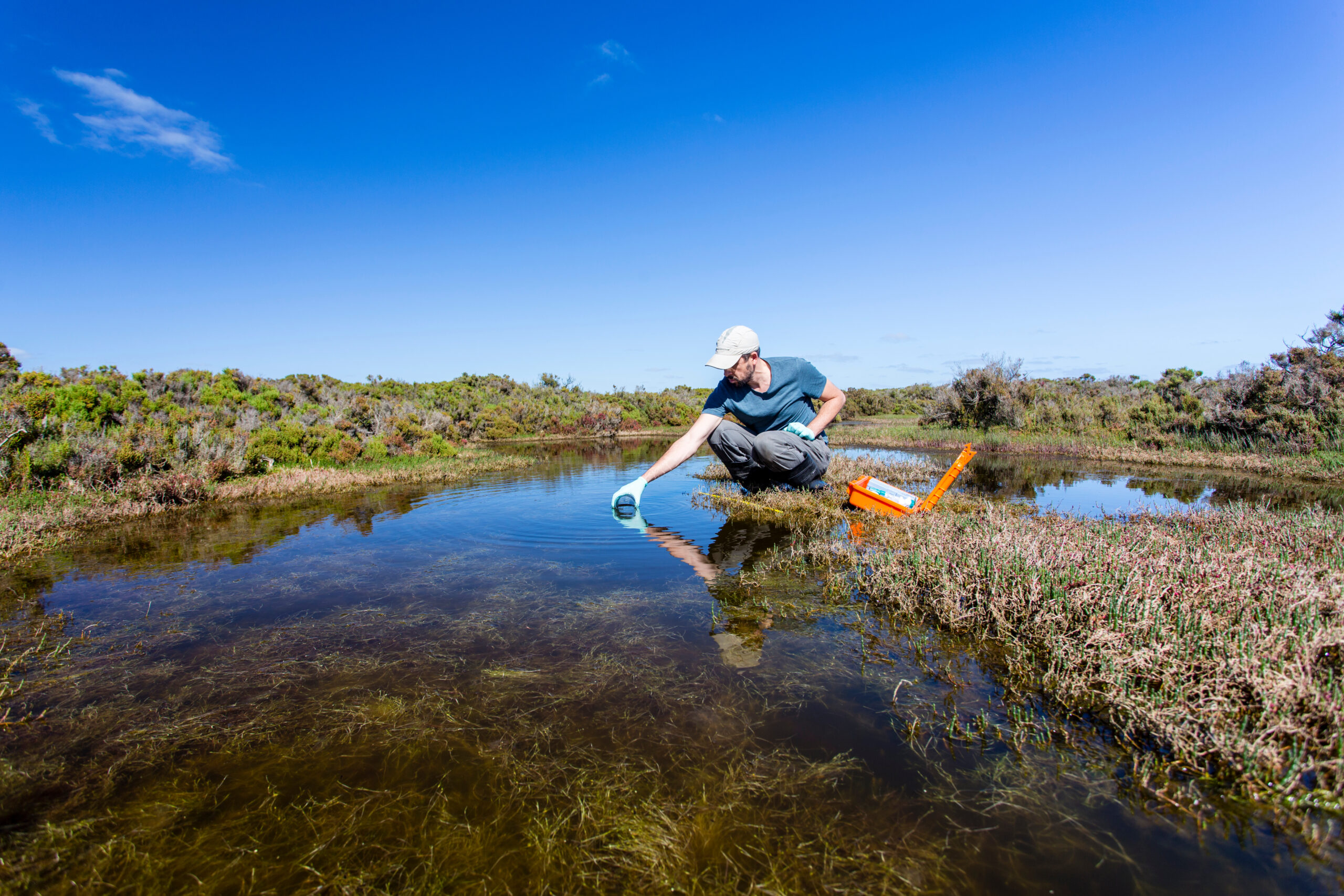A recent scientific study by University of Maryland (UMD) Geology Professor Sujay Kaushal has highlighted the significant environmental and health risks associated with the planet’s increasing demand for salt. The research, published in Nature Reviews Earth & Environment, indicates that human activities are increasing Earth’s air, soil, and freshwater salinity, potentially leading to an existential threat.
The research shows that human activities such as mining, land development, agriculture, and industrial processes are accelerating the natural “salt cycle” more rapidly than ever before, thus resulting in harmful salinization. This increase in salt levels endangers biodiversity and could make drinking water unsafe.
According to Kaushal, who also serves in UMD’s Earth System Science Interdisciplinary Center, “If you think of the planet as a living organism, when you accumulate so much salt it could affect the functioning of vital organs or ecosystems, “He also points out the challenges and high costs associated with removing salt from water and disposing of the even saltier byproducts. This situation is an “anthropogenic salt cycle,” the global, interconnected impact of human activities on salt concentration and distribution.
The study examines various salt ions beyond just sodium chloride found in the environment. The disruption of these salts has impacted about 2.5 billion acres of soil worldwide and has increased salt levels in water bodies over the last 50 years. Salinization also extends to the atmosphere, with drying lakes and road salts releasing saline dust, leading to environmental degradation. Such salinization can accelerate snowmelt and create harmful environmental “chemical cocktails” by binding to contaminants in soils and sediments.
In the US, road salt use, which accounts for 44 billion pounds of annual consumption and 44% of total salt use, significantly contributes to watershed salinity. Kaushal suggests alternative solutions like beet juice treatments, already utilized in cities like Washington, DC.
Kaushal and his colleagues advocate for a balanced approach to managing immediate public safety needs and long-term water quality. They propose establishing a “planetary boundary for safe and sustainable salt use,” similar to how carbon dioxide levels are managed to limit climate change. Therefore, it is essential to raise global awareness and act to mitigate the rising tide of salinization.
Featured Image: IzzetNoyan










